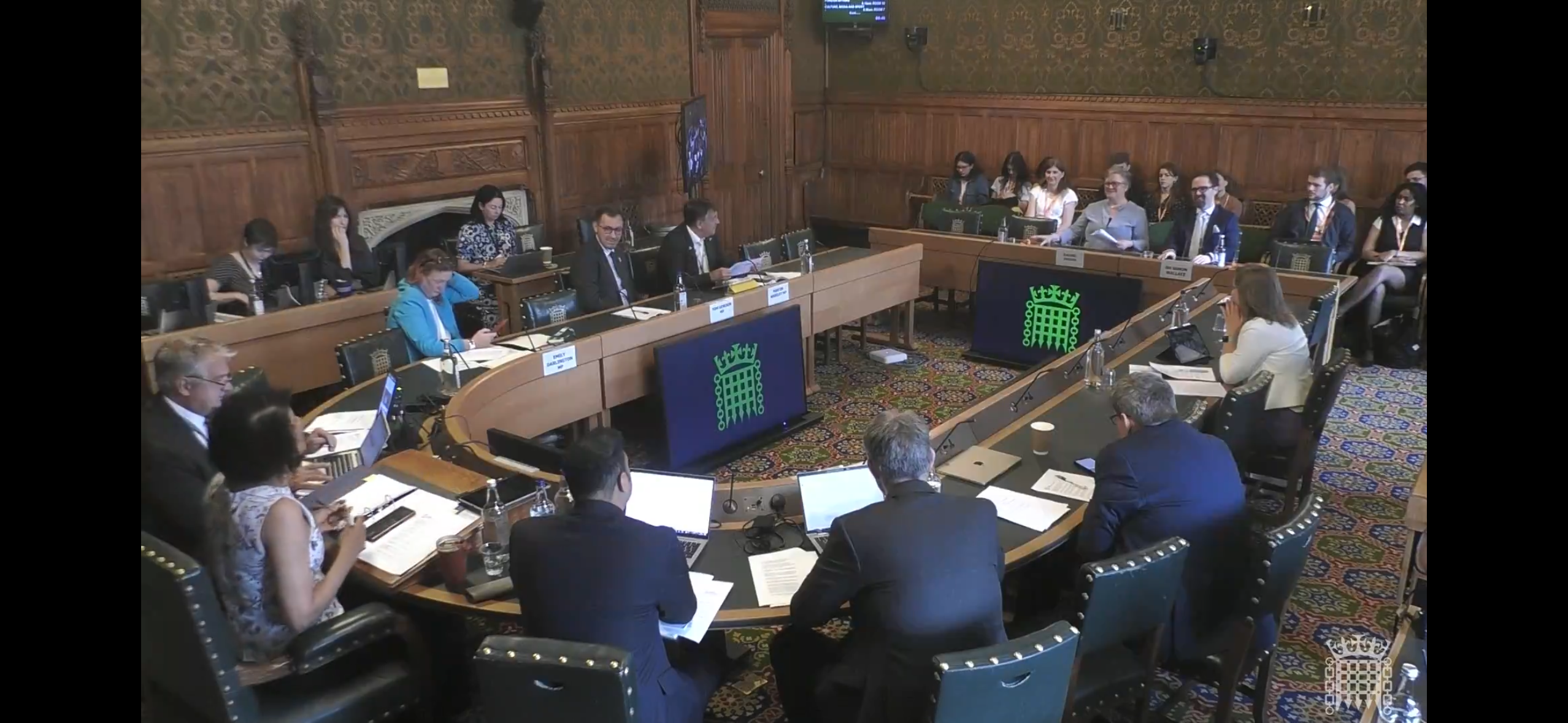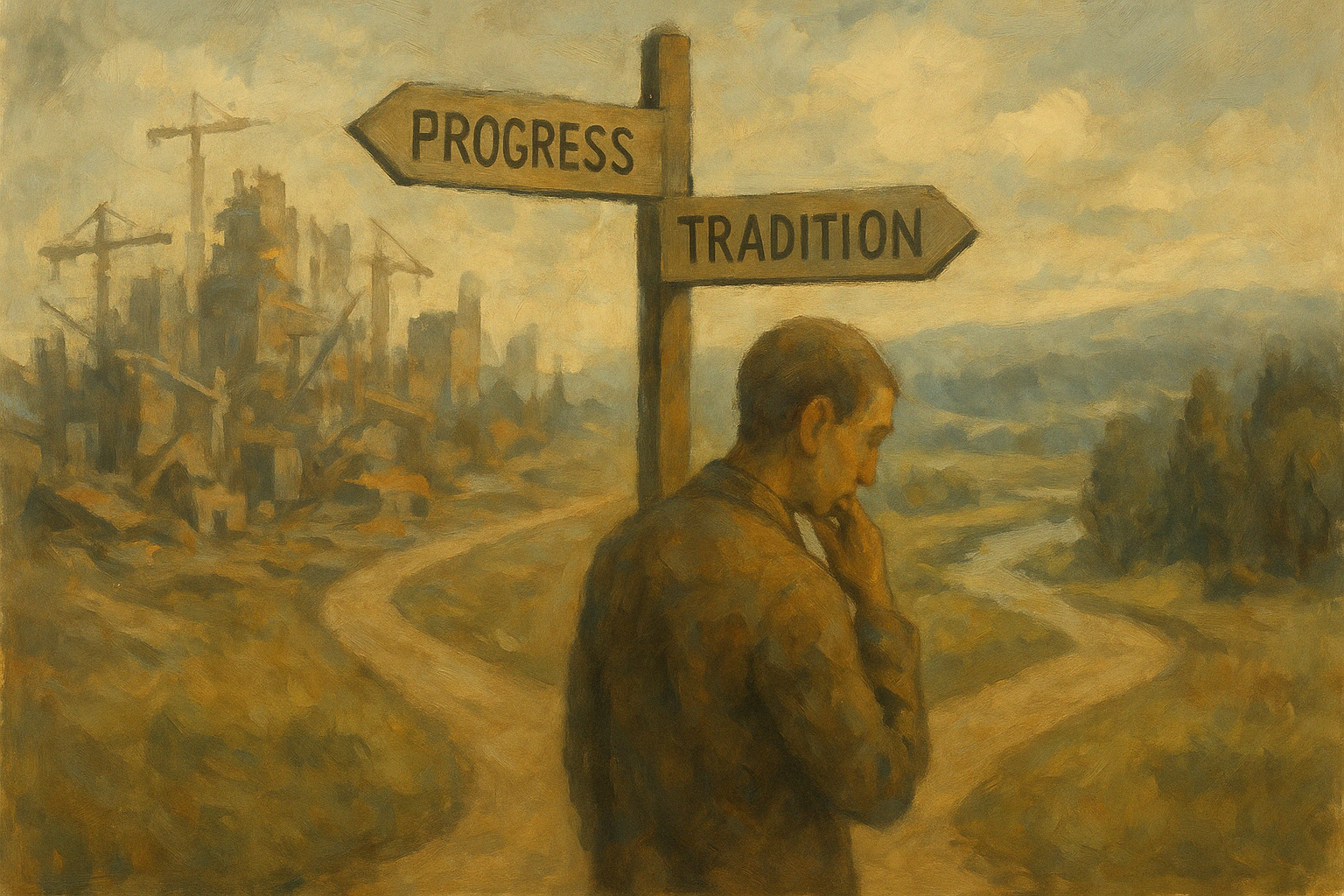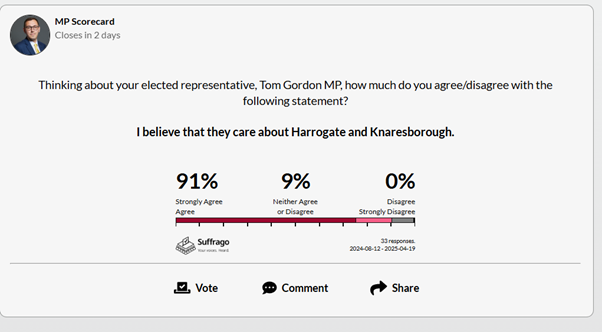As a business owner, with all the responsibilities which go with it, I need to grasp how the world is going to change – both socially and economically – in order to scope out the likely future. Planning, though, is perhaps now pointless, given that no plan would have foreseen this pandemic.
This blog is primarily for me: for me to organise my thoughts. By committing my thoughts to writing, I find answers. This blog helps me to make sense of things.
- The UK has moved leftwards, with a reliance upon the State.
- People now know their neighbours – neighbourliness is here to stay. Localism is here to stay.
- People will be more appreciative of their public services and the welfare state.
- People are beginning to value the simple things in life, which might mean that fripperies are out.
- People will become more self-sufficient, planting their own veg.
- If the self-employed are largely unscathed, will there be a movement towards self-employment? This looks unlikely.
- If employees are left largely unscathed, then the self-employed may choose to become employees.
- Environmentalism will accelerate: you can now hear the birds.
- As uncertainty is the new norm, people will spend less, accumulating cash.
- Young and old will rely on technology.
- Home working is the new norm.
- School curriculums will become less relevant.
- People will cook more, rather than eating out. Foraying outside unnecessarily may feel risky.
- People will travel abroad less: will you get back home unquarantined? Will you be quarantined upon arrival? The cruise-ship industry will decline.
- There will be less reliance on post. Ever more communication will be electronic.
- The new war heroes are the key workers: supermarket staff, delivery drivers, NHS workers, social care staff and all the others. They will receive pay rises. Who is and who isn’t a key worker will become part of the culture.
- Medical technology usage will accelerate.
- The individuals and organisations which stick with you during the pandemic will garner loyalty for years.
- People will spend more time and money on home improvements.
- People will be more comfortable with death: people will prepare.
- There will be a greater interest in medicine and biology.
- International comparisons will be increasingly made for most issues.
- If we fair worse than other countries (we are far behind South Korea), British exceptionalism will diminish as a concept.
- Many grandparents will have learned how to care and teach their grandchildren from afar.
- Families may choose to live in larger houses, pooling resources.
- Flats will feel too small, so more people may opt for homes with gardens, which may lead to people leaving the cities.
- Religiosity may decline: God didn’t prevent the virus and collective worship spread the virus.
- Older generations may fear the spread of germs by younger generations. Care homes will change the mechanics of family visits.
- People will become more hygienic. Enforced washing of hands when entering premises will become normal. The spread of other diseases will decline. Cleanliness is here to stay.
- There will be a small reduction in the usage of public transport.
- Having experienced clear roads and clean air, every traffic jam will grate more than it used to. People may become more local, so that journey times are reduced for all.
- The pre-pandemic speed of life may never return.
- Parents will feel closer to their children and, though this lockdown period will have been tough, many may feel more confident to home school, thereby reducing the workforce.
And what does this all mean for the economy? I foresee large sectors of the economy reducing in size. The sectors which are hardest hit now will not return to pre-pandemic levels. Cities will experience decline, whereas rural areas and small towns will thrive. Offices will have become less attractive as places to work, though people will still want connection with other humans – so 50-50 home and work will become the new normal. Commuting will feel increasingly pointless.
Given that people will spend less, and that Government will struggle to stimulate demand, coupled with a drop in international demand, a depression seems highly likely. Unemployment will therefore increase, though fewer men (more than women) and women will return to work, choosing instead to spend more time with their children. There is likely to be a move towards a universal basic income, perhaps introduced to stimulate demand for the non-essential items. Obsession with GDP will decline. The pace of life will have slowed down, permanently.
If unemployment is militated against by the introduction of a universal basic income (something which may take years to be introduced), and a reduced full-time workforce, this new world order is likely to be kinder, greener, nicer. However, a large swathe of the private sector is going to have a few challenging years.









